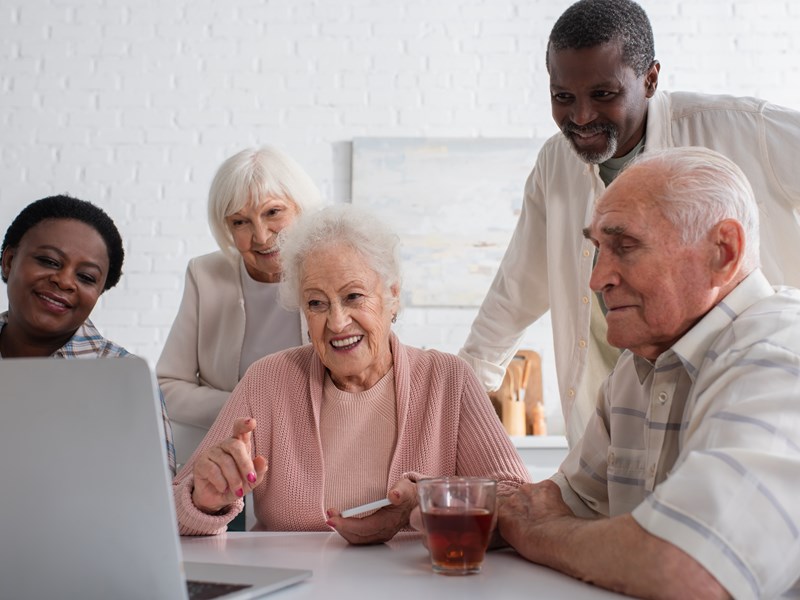Advocates for Basic Legal Equality, Inc. (ABLE) is a non-profit regional law firm that provides high quality legal assistance in civil matters to help eligible low-income individuals and groups in western Ohio achieve self reliance, and equal justice and economic opportunity.
New Nursing Home Quality Navigator Improves Experience for Consumers

The Ohio Nursing Home Quality and Accountability Task Force, led by the Ohio Department of Aging (ODA), comprises experts in aging, long-term care, and various other fields, alongside long-term care consumers and advocates. This group was charged with providing actionable recommendations to the Ohio Governor’s Office to enhance the care and quality of life in nursing homes and long-term care facilities across the state.
Thanks to the Task Force's efforts, the ODA has upheld its commitment to increasing resident advocates statewide. Recent funding has been allocated to all twelve Regional Ombudsman programs, including ABLE’s program, to bolster advocacy efforts across all 88 counties. A significant outcome of the Task Force's work is the introduction of the Nursing Home Quality Navigator.
Christopher Stieben, Director of ABLE’s Long-Term Care Ombudsman Program, describes the Navigator as a consumer-facing dashboard that consolidates previously scattered resources into a user-friendly platform. “This tool empowers consumers to make informed decisions for their loved ones by providing information on nursing homes based on zip code, CMS 5-star rating, staffing, inspections, abuse citations, and special focus status,” he said.
ABLE’s Long-Term Care Ombudsman Program is available to assist Ohioans in navigating the Nursing Home Quality Navigator, which is accessible via PCs and mobile applications. They also provide support in understanding nursing home regulations, navigating Medicare and Medicaid, and resolving complaints from nursing homes in northwest Ohio.
To begin using the Navigator, visit www.aging.ohio.gov/navigator. For more information, contact the Long-Term Care Ombudsman Program at 800-542-1874.
